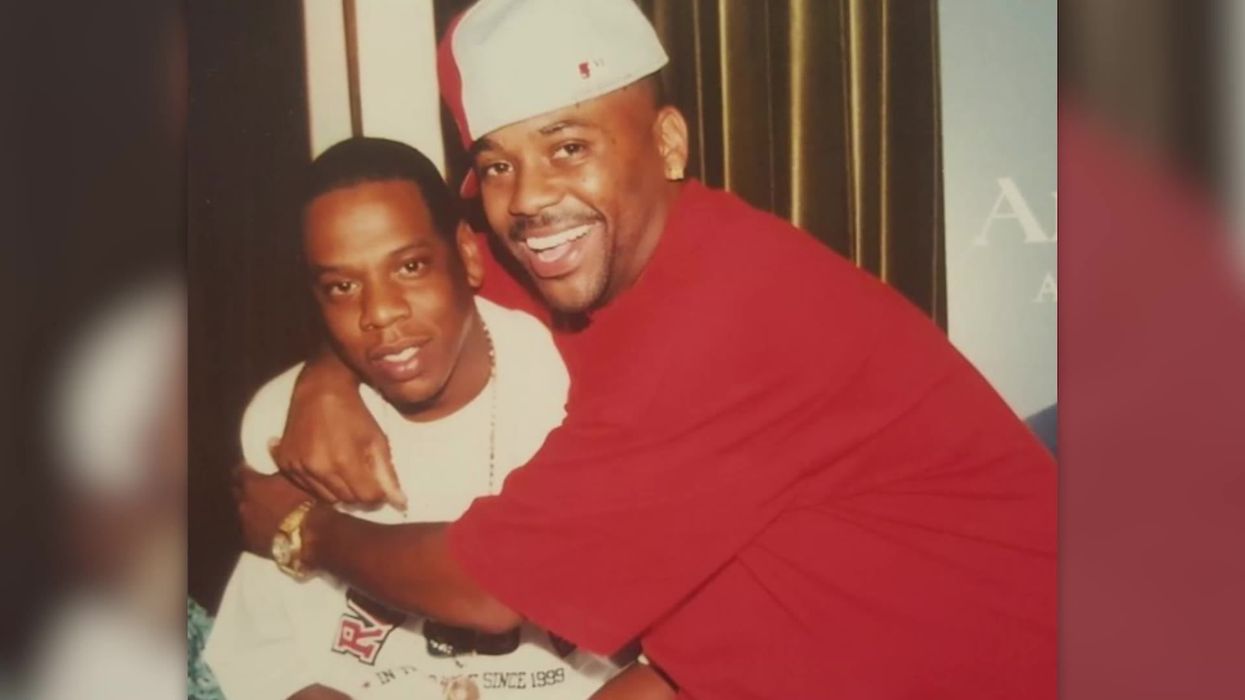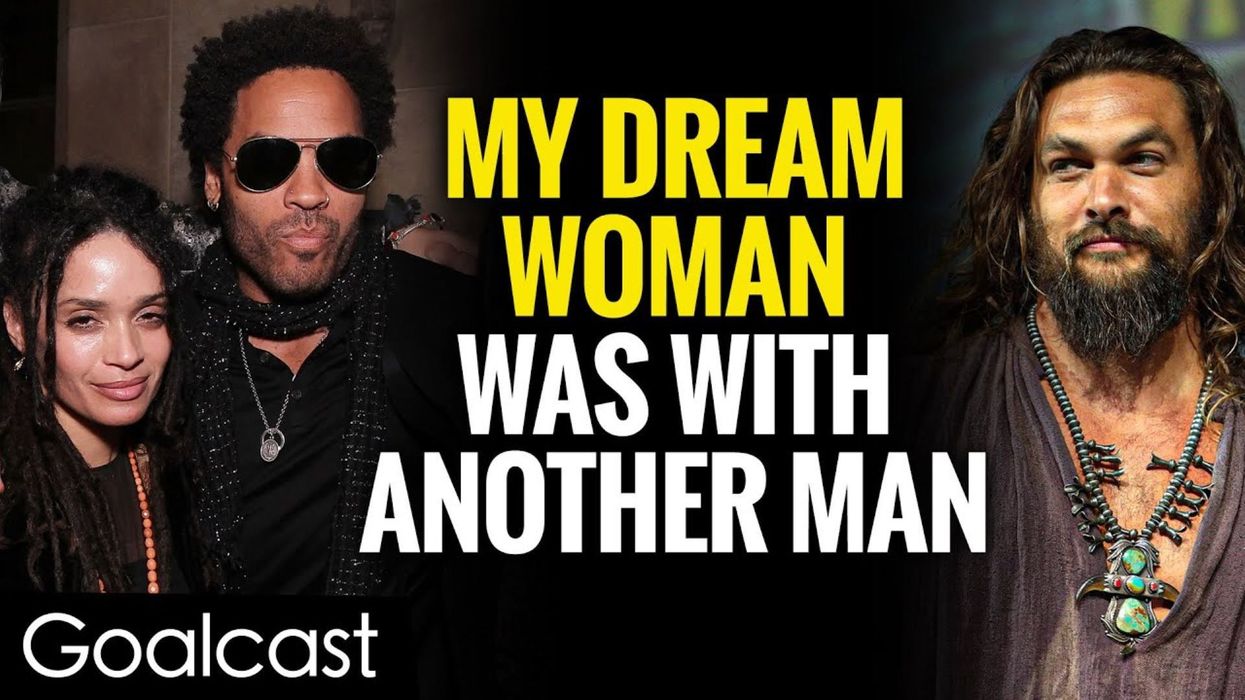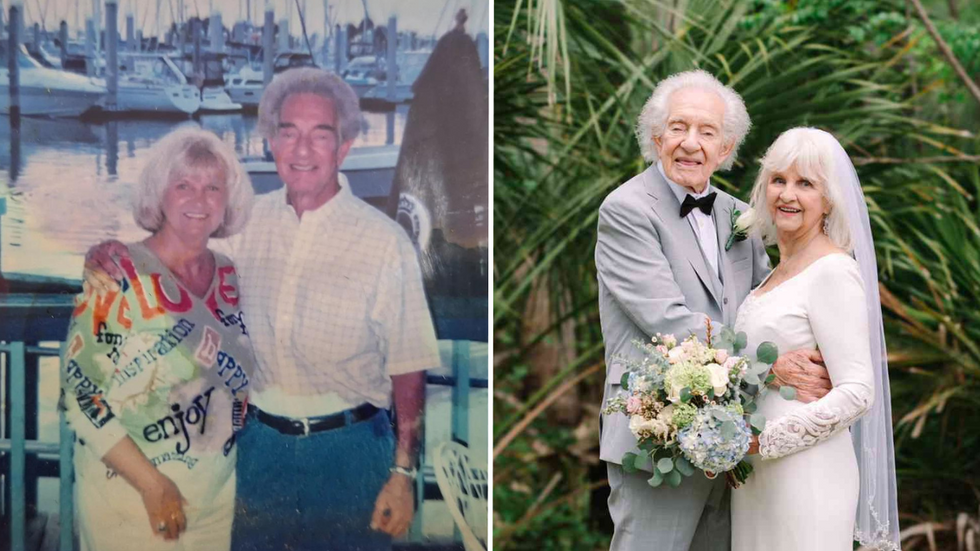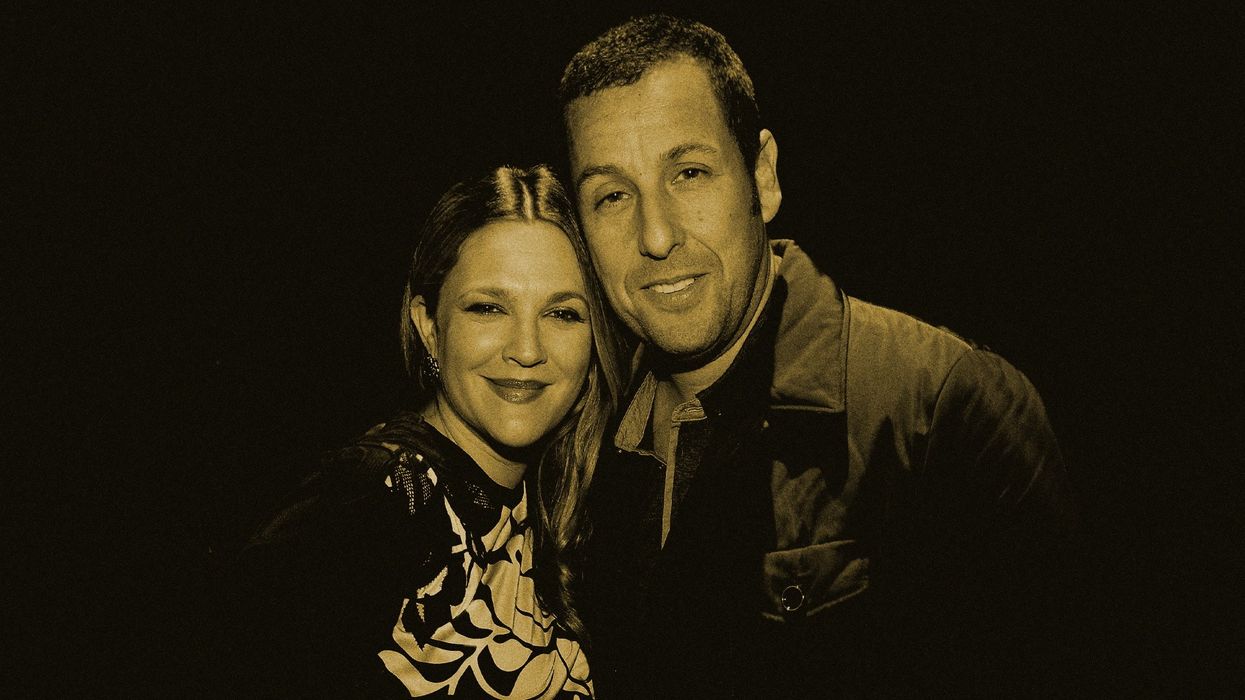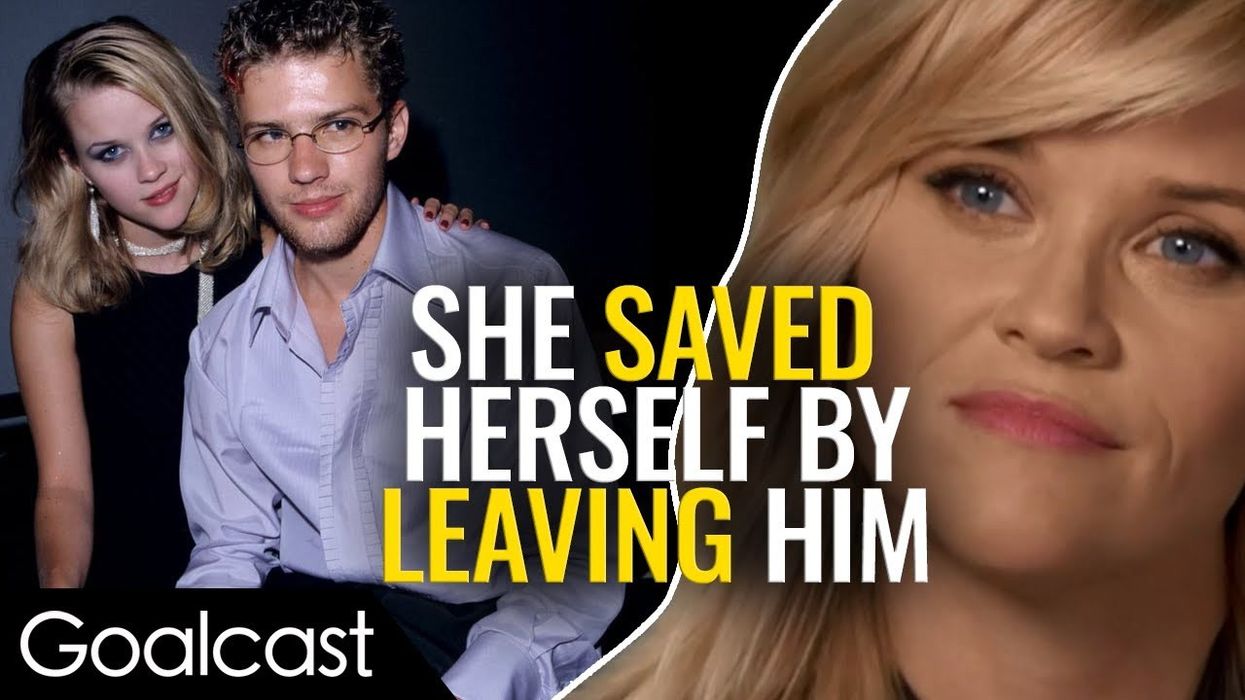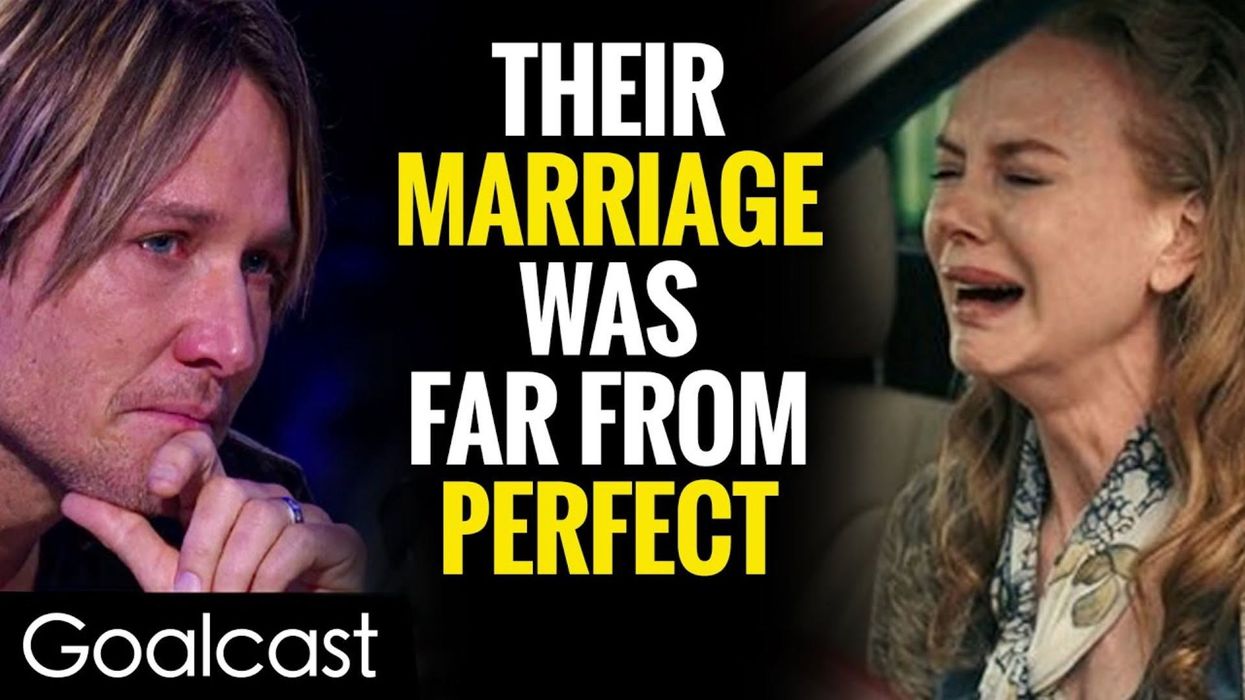
What is Productive Conflict and Why Should You Care?
I think everyone would agree with me when I say we need more productive conflict and less unproductive conflict.
We’re all fed up with unproductive conflict.
Are you wondering what the heck I'm talking about? Why would we want conflict of any kind? They’re relatively new terms, but are more important than ever -- not just for the world at large but also for you in your business, personal, and family life.
In great teams conflict becomes productive.– Peter Senge
Productive conflict is defined as "an open exchange of conflicting or differing ideas in which parties feel equally heard, respected, and unafraid to voice dissenting opinions for the purpose of reaching a mutually comfortable resolution."
On the opposite end of the spectrum, unproductive conflict is described as "an argument, especially a repetitive one, without resolution, that leaves both parties feeling more angry and frustrated."
Each is a form of conflict, but the result are very different, either leading to escalating tension and additional conflict or a resolution and a solution.
Why should you care about productive conflict?
Productive conflict is actually really valuable and makes us far more productive when interacting with others.
It moves teams forward, drives successful businesses in the right direction, and creates solutions to big problems. It even helps us improve our personal lives by allowing us to confront each other in a constructive way, without the need for insults and bad blood. It lets people voice their opinions without taking things personally or letting a situation escalate negatively.
Productive conflict is very much a therapeutic process where everyone involved can allow their thoughts and feelings to be heard without being criticized for them.
Unproductive conflict, on the other hand, is quite destructive.
A key characteristic of unproductive conflict is that the real issue isn’t addressed. Often, one or more parties aren’t taking the issue seriously and using distractionary methods such as blame or denial to avoid the real problem.
Most of us are, unfortunately, quite adept at unproductive conflict (politicians especially).
Unproductive conflict tears down relationships, breeds anger and fighting, and causes division. It’s the cause of so much of the pain we experience in the world.
How to use productive conflict
There’s no doubt that productive conflict is important, but how do we go from unproductive to productive conflict when disagreeing with others?
There are a few things you can do to turn your conflicts around:
Start by identifying common ground
What are you both trying to accomplish? Often, team members or spouses will argue about how they believe an issue or problem needs to be solved. However, somewhere along the way, they forget that they’re on the same team and both trying to solve the same issue. By recognizing this first, you create a strong foundation where both people are more likely to work together.
Refrain from talking about the other person
This is a simple trick that can make a big difference. When arguing with another person, each person should seek to express their position without talking about the other person. You can explain what you believe or how you feel (“I”), but you can’t talk about the other person and how they’re wrong, what they did, or why they’re to blame (“you”). You’ll be able to work through the issue while not inciting anger or butting heads.
Identify levels of agreement
It’s too simplistic to say you agree or disagree with another person’s ideas or position. Often, there’s much that you and the other person actually do agree with, there’s just something or things in there that you don’t. Identify where that separation occurs so that you can isolate the issue intelligently.
Treat it like a debate (and really listen)
This last point is simple and to the point– you really need to listen to the other person. If you’re constantly trying to prove the other person wrong, speaking over them and not allowing them to express themselves, neither of you is going to end up happy and the problem will persist.
But by treating it like a debate, where one person has the chance to speak with the other quiet and then the reverse, each person has the opportunity to express themselves fully. However, it’s critical that you’re actually making the effort to listen to them during this time instead of just waiting for your next chance to speak.
The world needs less unproductive conflict and more people willing to stand up, swallow their ego, and come together constructively in a spirit of productive conflict.
It’s hard because we’re naturally adept at unproductive conflict, but if you can follow each of the above points, you’ll be far closer to creating an environment of productive conflict, allowing you to maintain healthy relationships, dissolve conflict, and solve problems.
















